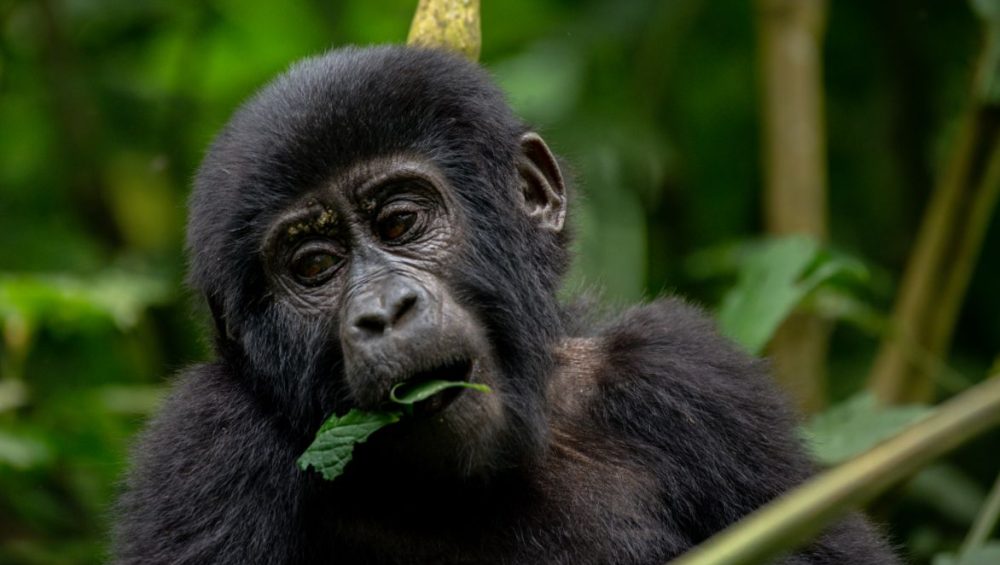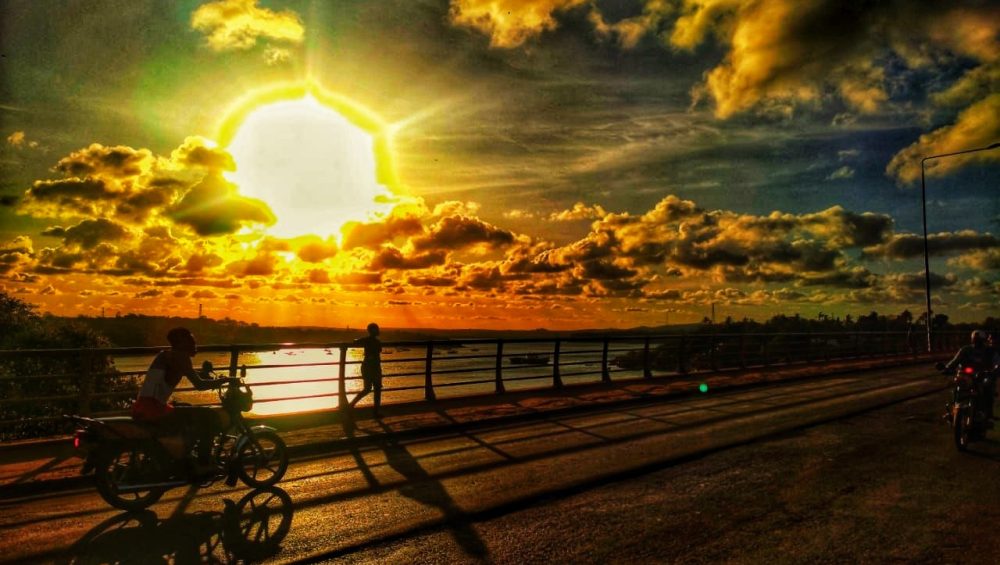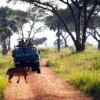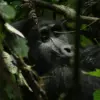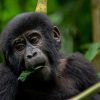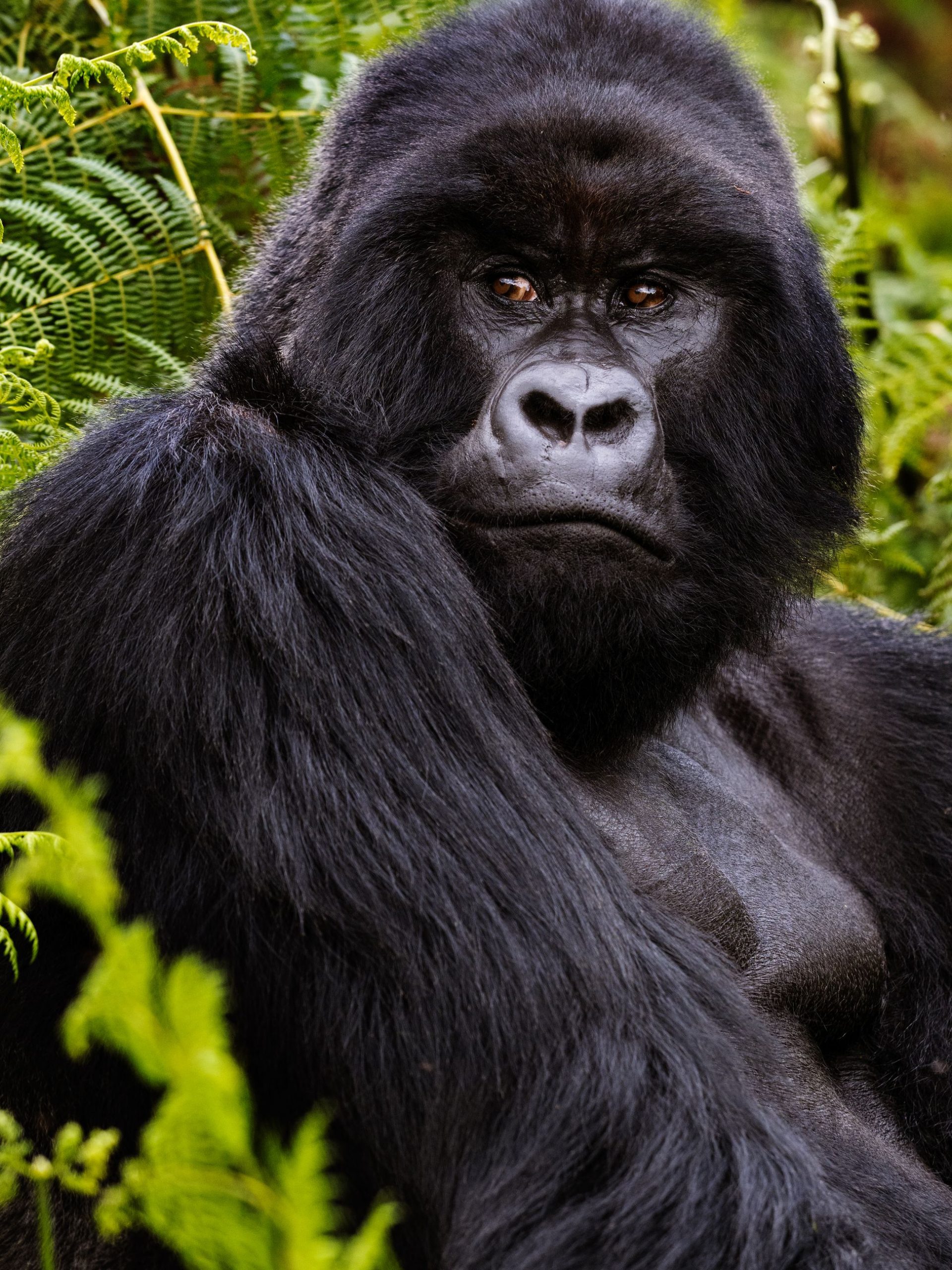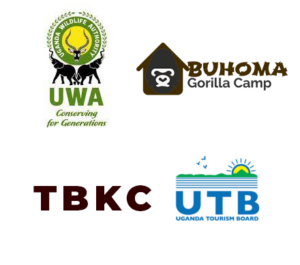Getting around Uganda
Uganda is a landlocked country in East Africa whose diverse landscape encompasses the snow-capped Ruwenzori Mountains and immense Lake Victoria. Its abundant wildlife includes chimpanzees as well as rare birds.
Remote Bwindi Impenetrable National Park is a renowned mountain gorilla sanctuary. Murchison Falls National Park in the northwest is known for its 43m-tall waterfall and wildlife such as hippos, lions, elephants, gorillas, chimpanzees, golden monkeys, zebras, eland, buffalo, giraffes among many interesting as well as different bird and plant species. There are various means to get around Uganda depending on one’s interests and budget.
Public Taxis (Matatus): these are minivans and carry 14 passengers. They are very common, easily accessible from almost anywhere in Kampala, and are relatively cheap. They stop almost anywhere to pick and drop off passengers, so it’s easy to get one. Every taxi usually has a driver and a conductor. If you are not sure of your destination you can always ask for directions from either of them.
They have a tendency to over-charge foreigners trying to make an easy profit from their ignorance. But they do not insist much if you quote the right price to them, because the other passengers will often back you up.
Boda Boda / public motorcycles: You can get a boda boda almost anywhere in Kampala. They maneuver through Kampala traffic in a very scary way, but more often than not get you to your destination in time. Boda bodas are much more expensive than taxis, but because they break almost every traffic law, they are fast and that is why many people think the cost is worth it. For many foreigners a boda boda ride is a new and exciting experience, especially if they have never been to Africa before. So, if you choose to use a boda boda, remember to wear your helmet and feel free to ask the boda boda rider to slow down if he’s going faster than you can handle.
Special Hire Taxi: They are the most expensive means of travelling in and around Uganda. It can be a bit cheaper if you are sharing with someone, so you split the cost. Most hotels always know the trustworthy taxis, you can always ask them to recommend one for you. They will call up a taxi for you, but you probably will not get the best price, but you can always negotiate.
Vehicle hire: Another alternative means of transport is to hire a vehicle from a vehicle hire company. Many tour and travel companies also offer this service. You can hire a vehicle with a driver for a day with fuel inclusive in the cost. Some companies give you the option driving yourself, rather than using a company driver. Hiring a vehicle to move in around Kampala of course is cheaper than hiring one to travel to other parts of Uganda. But it is convenient and comfortable if you are on a Uganda safari.
Buses: To many places that are not too far, you can take a taxi. Otherwise, there are buses that will take you there for a very reasonable price and at a speed that is often faster than what you might be comfortable with. They are a bit crowded but the normal way to getting somewhere 350 kilometers away.
Buses are also the means of getting to Rwanda, Kenya, and South Sudan. You can fly, but the price difference is huge.
Air transport: There are various charter and scheduled flights which can transfer you to different far places of the country from Kampala including national parks. This the fastest way to access far places but quite expensive.

